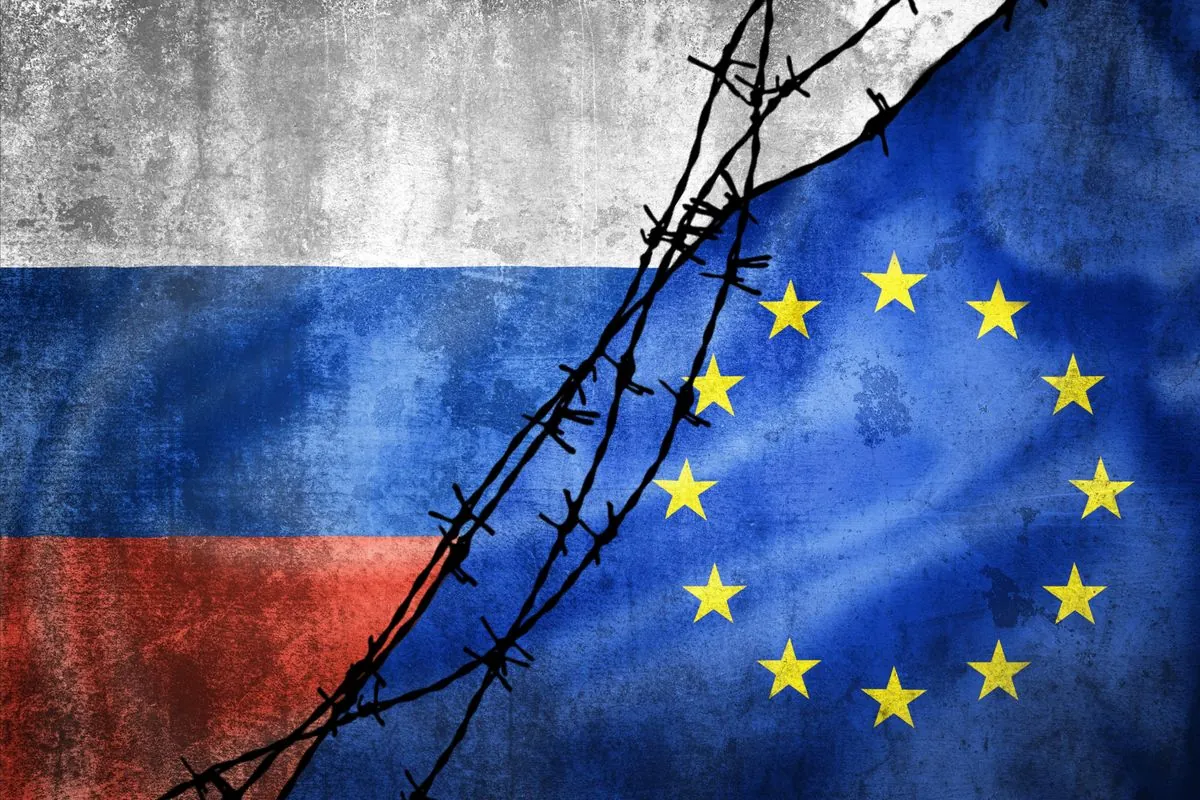Czech Proposal to Restrict Russian Diplomats' Movement Faces German Opposition
Czech Republic suggests limiting Russian diplomats' travel in Schengen zone, citing security concerns. Germany opposes, fearing repercussions for its diplomatic presence in Russia.

The Czech Republic has initiated a proposal to restrict the movement of Russian diplomats and their families within the European Union's Schengen area. This suggestion, supported by eight EU member states, aims to address security concerns related to alleged Russian intelligence activities across Europe.
Jan Lipavsky, the Czech foreign minister, argues that the current free-travel system in the Schengen zone facilitates "malign activities" by Russian operatives. The proposal seeks to confine Russian diplomats to the country of their accreditation, potentially limiting the operational capabilities of Russian agents.
However, the initiative has encountered resistance, particularly from Germany. Berlin's opposition stems from concerns about potential reciprocal actions by Moscow that could impact Germany's substantial diplomatic presence in Russia. With 350 German diplomats stationed between Moscow and St. Petersburg, Germany fears that restrictions on Russian diplomats could lead to similar limitations on its own representatives.

The debate highlights the complex balance between security measures and maintaining diplomatic channels. Italy, another G7 member, has also expressed reservations, citing the need to provide consular services to its citizens in Russia and the importance of keeping communication lines open with Moscow.
The Czech proposal estimates that over 2,000 Russians with diplomatic passports, including family members and officials, are currently residing in the EU. Prague argues that many intelligence agents operate under diplomatic cover, and restricting their movement could hinder their activities.
"It is no secret that there are many agents hiding under diplomatic cover. We don't want to make their job any easier."
This initiative comes in the wake of several incidents attributed to Russian intelligence activities in Europe. These include attacks on warehouses containing aid for Ukraine, arms factories supplying Kyiv, and railway infrastructure. The 2018 Salisbury poisoning in the UK and a 2014 attack on a warehouse in Vrbětice, Czech Republic, are cited as examples of Russian operatives using diplomatic cover for malicious activities.
While not part of the Schengen zone, the United Kingdom has expressed support for the Czech proposal. Britain has already taken steps to limit Russian diplomatic activities, including expelling Russia's defense attaché and revoking the diplomatic status of certain Russian-owned properties suspected of being used for espionage.
The ongoing debate reflects the broader challenges faced by EU member states in addressing security concerns while maintaining necessary diplomatic relations. As discussions continue, the EU must navigate the complex interplay between national security interests and the principles of diplomatic immunity enshrined in the Vienna Convention on Diplomatic Relations.
The outcome of this proposal could have significant implications for the future of diplomatic relations between Russia and EU countries, potentially reshaping the landscape of international diplomacy in Europe.


































